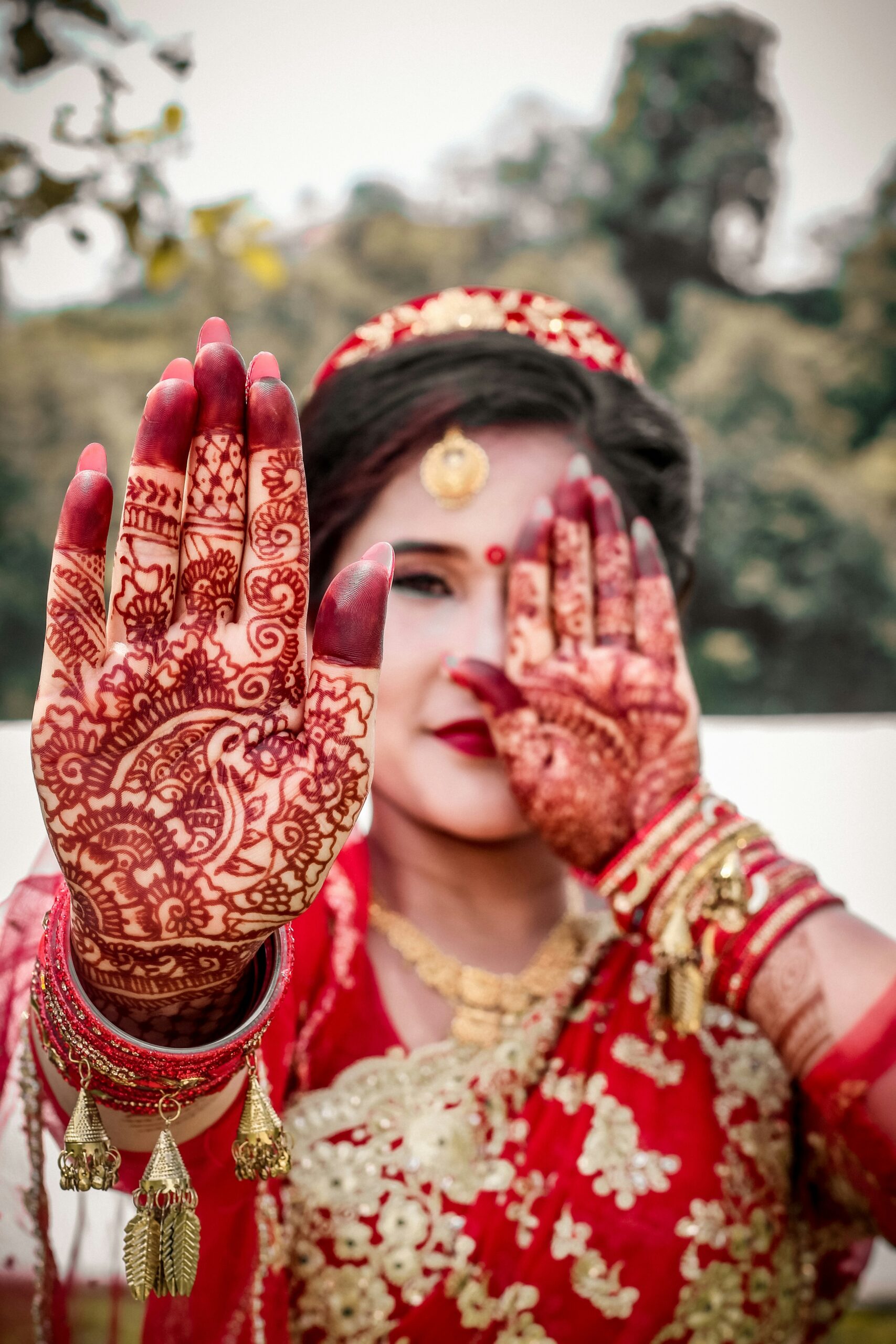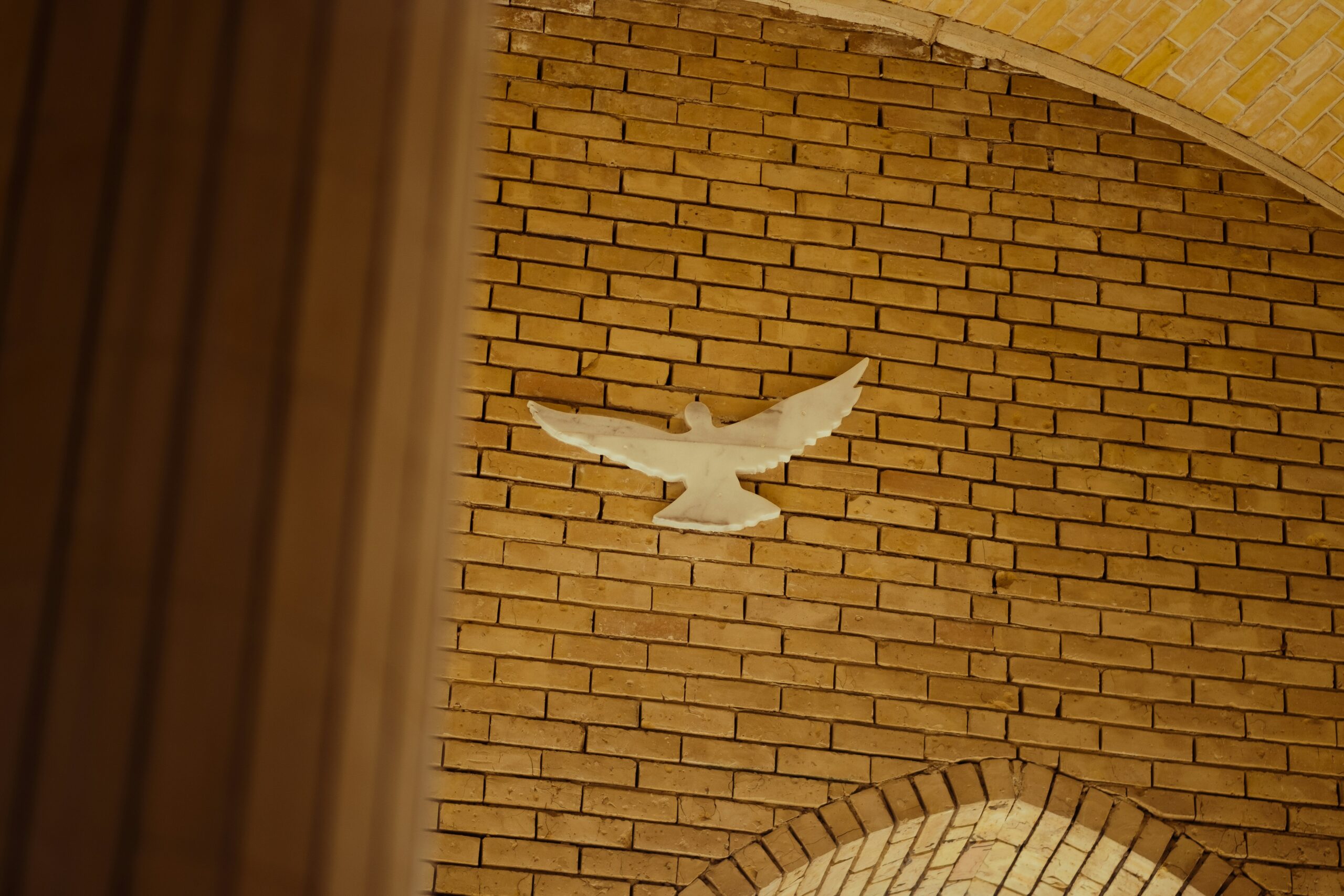
Maintaining a Balance Between Tradition and Modernity

In today’s fast-paced world, there is often a tension between traditional values and modern lifestyles. As societies evolve and progress, it becomes increasingly important to navigate the delicate balance between honoring tradition and embracing progress and innovation. This article explores the significance of maintaining this balance, strategies for achieving it, and examples of cultures that have successfully integrated tradition and modernity.
The Tension Between Tradition and Modernity
Tradition represents the customs, beliefs, and practices that have been passed down through generations. It provides a sense of identity, stability, and continuity. On the other hand, modernity signifies the rapid advancements in technology, science, and social norms that characterize the contemporary world. The clash between tradition and modernity arises when traditional values and practices are perceived as outdated or incompatible with the demands of a rapidly changing society.
The Benefits of Honoring Tradition
While embracing progress and innovation is essential for societal development, it is equally important to honor tradition. Tradition provides a sense of belonging and cultural identity. It offers a framework for understanding the past and shapes the values and beliefs of a community. By maintaining traditions, individuals and societies can preserve their cultural heritage and pass it on to future generations.
Moreover, tradition often offers valuable wisdom and insights that can guide individuals in their personal lives. Traditional practices and rituals can provide a sense of comfort, meaning, and purpose. They can help individuals connect with their roots, find solace in times of uncertainty, and foster a sense of community and belonging.
Navigating the Balance
Striking a balance between tradition and modernity requires a thoughtful approach. It involves recognizing the value of tradition while embracing the benefits of progress and innovation. Here are some strategies for navigating this balance:
- Evaluate the relevance: Assess the relevance of traditional practices and values in the context of the modern world. Determine whether they align with the principles of equality, inclusivity, and social justice.
- Adaptation: Adapt traditional practices to meet the needs of a changing world. This may involve modifying rituals, customs, or norms while preserving their essence.
- Open-mindedness: Foster an open-minded attitude towards new ideas and perspectives. Embrace the benefits of progress and innovation without dismissing traditional values outright.
- Education: Educate oneself and others about the importance of tradition and the value it brings to society. Encourage dialogue and understanding between different generations.
- Selective integration: Identify aspects of modernity that can complement and enhance traditional values. Integrate these elements in a way that maintains the integrity of tradition.
Successful Integration of Tradition and Modernity
Several cultures and societies have successfully integrated tradition and modernity, serving as examples for others. Japan, for instance, is known for its rich cultural heritage and traditions, such as tea ceremonies and kimono-wearing, while also being at the forefront of technological advancements.
Similarly, Scandinavian countries have managed to blend tradition and modernity seamlessly. They prioritize sustainability, gender equality, and social welfare while maintaining a strong connection to their cultural roots.
Conclusion
Maintaining a balance between tradition and modernity is crucial for individuals and societies alike. It allows us to adapt traditions to meet the needs of a changing world while preserving our cultural heritage. By honoring tradition and embracing progress, we can navigate the complexities of the modern era while staying connected to our roots.




















